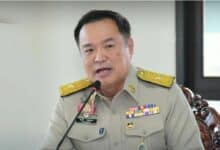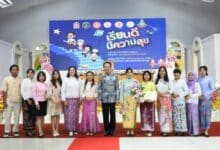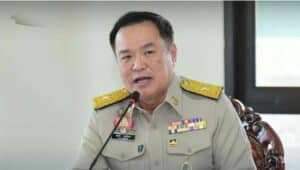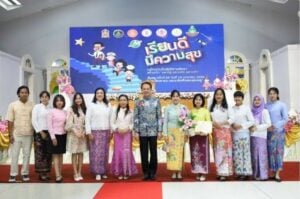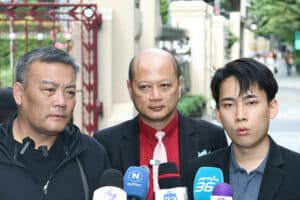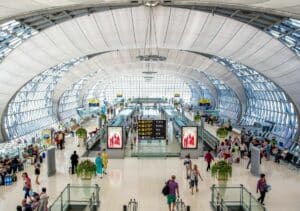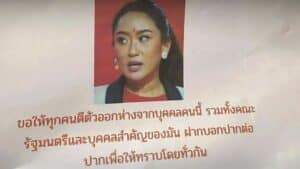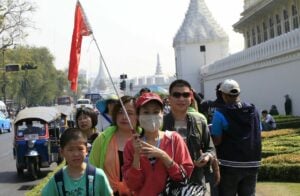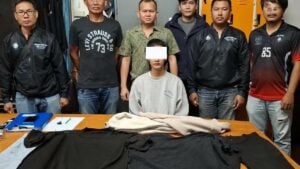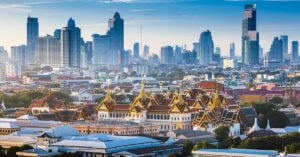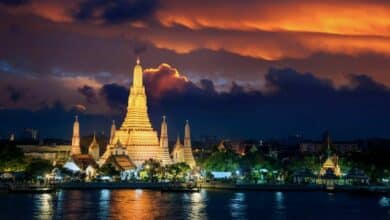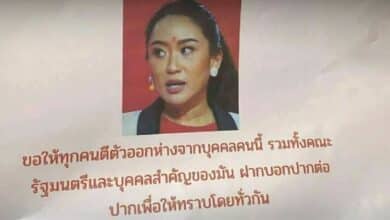Xi tells world to stop interfering in China’s internal affairs
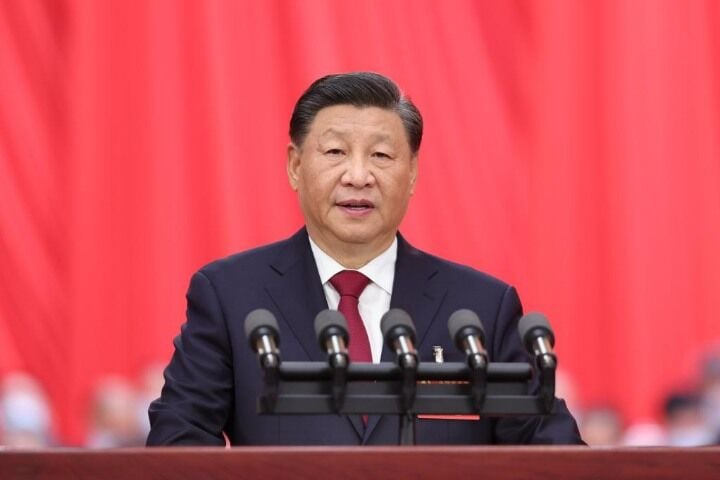
President Xi Jinping sprung no surprises in his opening speech at China’s 20th Party Congress in Beijing yesterday. The Chinese leader emphasized his commitment to the mainland’s zero-Covid-19 policy, safeguarding national security, attracting talent, and a pledge toward the one country, two systems principle of socialism with Chinese characteristics in Hong Kong, Macau, and the eventual reunification of Taiwan.
In front of more than 2,000 delegates attending the 20th Party Congress, Xi said…
“[One country, two systems] has proven to be the best institutional arrangement for ensuring sustained prosperity and stability in Hong Kong and Macau after their return to the motherland. This policy must be adhered to over the long term.
“We will ensure the central government exercises overall jurisdiction over the two regions. We will see that Hong Kong and Macau are administered by patriots.”
The 69 year old also promised to support Hong Kong to develop its economy, improving people’s livelihoods and resolving “deep-seated conflicts” in its economic and social development.
The Chinese president stated his unwavering commitment to the nation’s Zero-Covid strategy insisting the pandemic is a “people’s war to stop the spread of the virus.”
The policy has crippled the Chinese economy and frustrated its people with its travel restrictions. But the Chinese premier believes it is necessary to “protected the people’s health and safety to the greatest extent.”
The Taiwan conundrum made an early appearance at the conference. Again, there was no surprise to the mainland’s One-China principle.
Beijing’s long-term position is that China seeks peaceful reunification with Taiwan by 2049, exactly 100 years after the Communist Party took control of the mainland. Xi added force would be used if necessary and issued a veiled warning to the United States’ interference in the matter.
“Resolving the Taiwan question is a matter for the Chinese, it is a matter that must be resolved by the Chinese.”
On the economy, which has slowed dramatically because of the pandemic over the past two years, Xi promised to tackle the inequality gap, and step up regulation on income distribution and wealth accumulation. He also pledged innovation and investment in key technological areas to “achieve greater self-reliance” to counter US economic sanctions.
There is no change in China’s foreign policy, and there was no mention of the mainland’s involvement or interest in the Russia-Ukraine conflict, despite being an ally of the former. Xi told the international community to do as they do and don’t interfere in their internal affairs. That means their policies on Xinjiang, Tibet, and Inner Mongolia, are political matters for China and no one else.
Xi also hailed China’s expansionist foreign policy and growing global influence.
“China’s international influence, appeal and power to shape the world has significantly increased. Confronted with drastic changes in the international landscape, we have maintained firm strategic resolve and shown a fighting spirit.”
Perhaps the most telling part of Xi’s speech was his commitment to cutting down on corruption, or what he sees as corruption. Critics have portrayed it as a political purge, an ideal opportunity to get rid of dissenters to his ambition to run for a third term.
Xi made it known there are divisions within China’s political establishment, adding he had “removed serious hidden dangers in the party.”
No Chinese Communist Party leader has run more than three terms since Chairman Mao Zedong. Former leader Deng Xiaoping introduced a rule that no one could run for more than two terms but that was overturned at the last Party Congress in 2018 paving the way for a third term for Xi.
Xi currently holds the three most powerful positions in China: general secretary of the CCP, chairman of the country’s armed forces and president. He is expected to renew his term for the first two titles at the congress.
